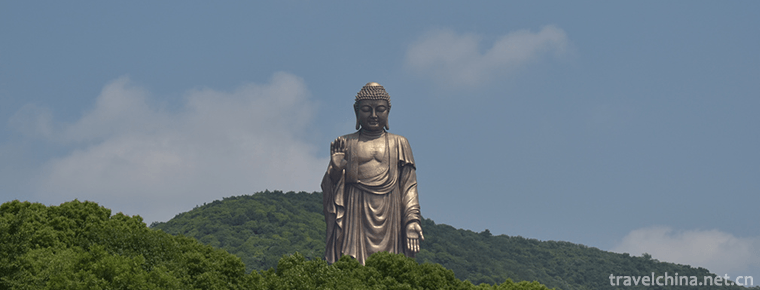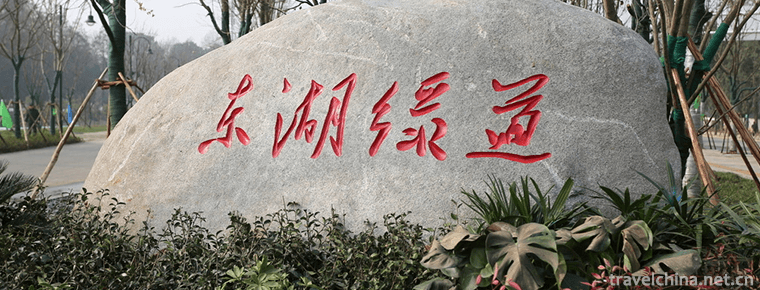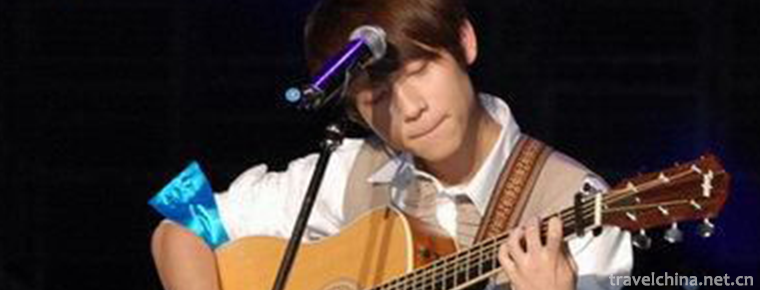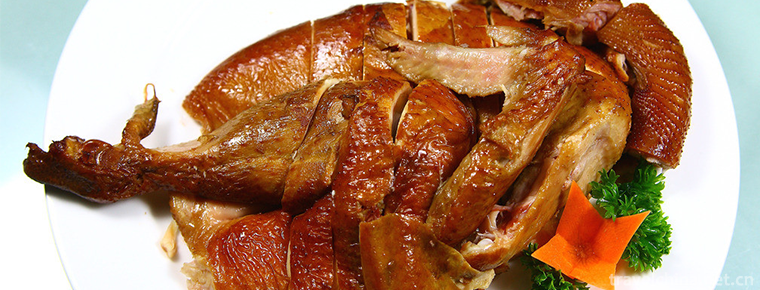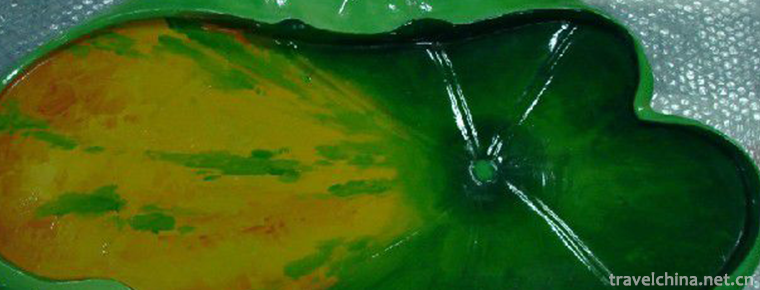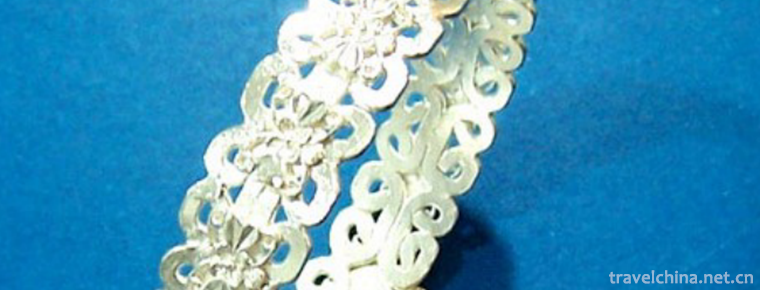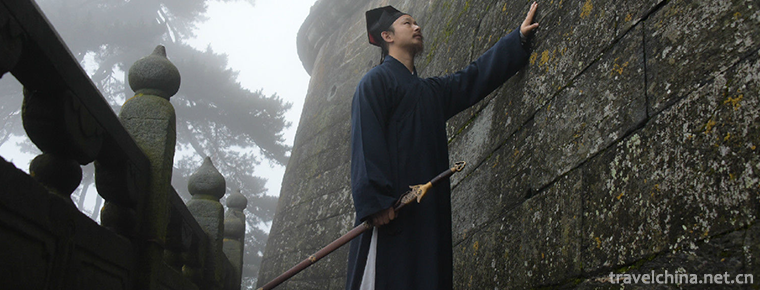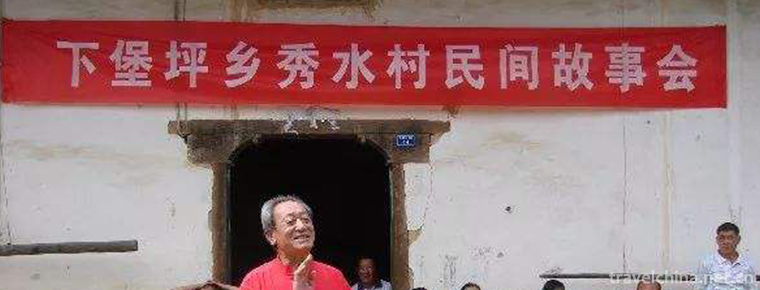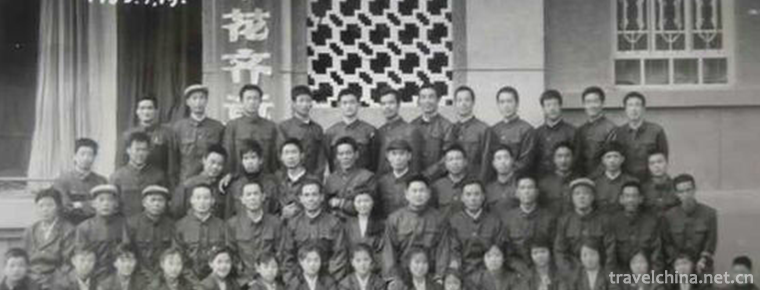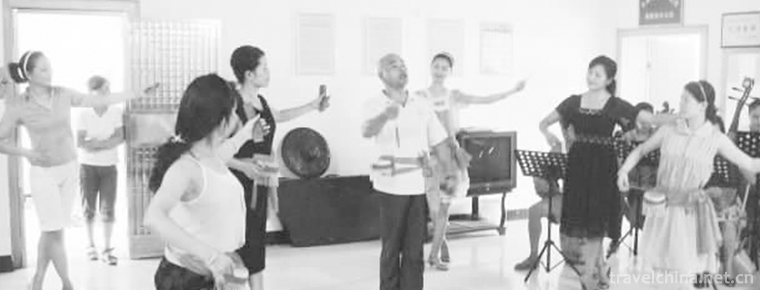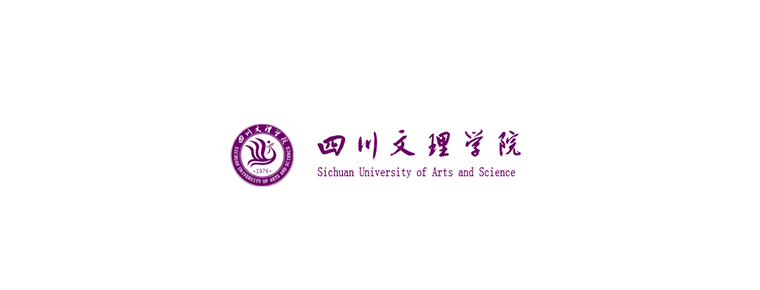Wuju Opera
Wuju Opera
Wu Opera, commonly known as Jinhua Opera, is one of the local operas in Zhejiang Province. It centers on Jinhua area and is popular in Jinhua, Lishui, Linhai, Jiande, Chun'an, Yushan, Shangrao, Guixi, Poyang and Jingdezhen in northeastern Jiangxi. It is a joint class of high-pitched, Kun-pitched, random-play, Hui Opera, Tan-huang, and hourly tunes. Because Jinhua was called Wuzhou in ancient times, it was named Wu Opera in 1950.
On June 7, 2008, Wu Opera was listed in the second batch of national intangible cultural heritage list with the approval of the State Council.
Orion of the Name
Wu Opera is a joint class of six tunes: Gaoqiang, Kun Opera, Ran Tan Opera, Hui Opera, Tanhuang Opera and Shitong Opera, commonly known as Jinhua Opera. After the founding of the People's Republic of China, Jinhua was called Wuzhou in ancient times and Wuju opera was renamed.
Historical Development
Since the Ming and Qing Dynasties, Jinhua has been a commercial and trade area where salt, silk, Jiangxi, lacquer and porcelain have entered Zhejiang Province, together with abundant products, so it has always been a place where all kinds of operas compete for victory. The Yiwu Opera, which was popular in the middle of Ming Dynasty, was formed in Jinhua, Zhejiang Province, which belongs to Yiwu County. The Gaoqiang and Kunqiang Opera in the late Ming Dynasty, the disorderly ballistic chambers in the early Qing Dynasty and the Hui Opera in the middle Qing Dynasty were all popular in Jinhua.
High cavity
Gaoqiang can be divided into Houyang, Xiwu, Xi'an and Songyang. Houyang Gaoqiang is popular in Dongyang and Yiwu. Some people think that it may be the derivation of Yiwu Qiang and is good at performing martial arts. Xiwu Gaoqiang is named for its branch classes in Xiwu Village of Jinhuabei Township. It is more euphemistic and plain than Xi'an Gaoqiang, and more rolling, which has a relationship with Huichi elegant tune. Xi'an Gaoqiang is popular in Quzhou area. Quzhou was called "Xi'an" in ancient times, hence its name. Legend has it that Yiyang tune is closely related to Yiyang tune, and some people think it may be the legacy of Xiping tune. Its tunes and characters are many and few, with the characteristics of exhaustion. The above three kinds, all one singer, all people help tune, gongs and drums help syllables, tune into the tune as you like.
Most of the high-pitched voices are characterized by gongs and drums, no matter the chord, one person opens his mouth, the people are in harmony, and the tone is high and exciting. However, there are band accompaniments in Xiwu Gaoqiang and Songyang Gaoqiang, which are the unique forms of all kinds of Gaoqiang in China. There are many high-tune tunes, and there are prescribed "sets" in different plays. First use long and short sentences. The repertoire is rich, such as Huaiyin Ji, Hezhu Ji and White Rabbit Ji.
Kunqu Opera
Kunqu Opera, commonly known as "Cao Kun" and "Jin Kun", is a tribe of Kunqu Opera spread around Jinhua. Because long-term mobile performances in rural grass terraces and temple fairs, with farmers as the main audience, the language is more popular, the pursuit of plot twists and turns, singing is not rigid in the four-tone pattern, mainly to perform martial arts, workmanship and grand drama. After the Ming Dynasty, it has been regarded as the authentic voice of Wu Opera. In fact, Kunqu Opera is a tributary of Quzhou (today's Quxian area) and Jinhua. In terms of language and tune, it is simplified or changed in combination with local customs, so it is called "CaoKun". Now its repertoire has been less performed, and some tunes are absorbed by the tune of random play, such as the tune of random play contains [Xiashan Tiger].
Strangle
Random bomb, because the "Random Bomb Class" specializing in Random Bomb is mostly from Pujiang County, so it is also known as "Random Bomb in Pujiang River". The main tunes are Erfan, 357 and Luhua. In addition to Jinhua, Quzhou and Yanzhou (Jiande, Zhejiang Province for today), their popular areas are often performed in Changhua and Tonglu. Er Fan has the characteristics of northern opera singing, some people think that it originated from Western Qin Opera, others think that it originated from blowing tune and Siping tune in Anhui Province. Sanwuqi has the characteristics of southern opera singing, which belongs to early blowing tune. Some people believe that its formation is related to Huizhou, Siping and Taiping tunes in southern Anhui. Luhua originated from the type of blowing tune, which is the legacy of Hui opera.
According to the Dictionary of Chinese Traditional Opera and Opera Art, in Wu Opera, the four tunes of "357", "Luhua Diao", "Erfan" and "Puzi" are indiscriminately played. "357" and "Luhua Tune" evolved from "Stone Stele Tune" in Anhui Province. With flute as the main melody, the tune is gorgeous, fluent and stretching, with less tune and more tune, and later developed into "overlapping board" with more words and less tune. "Er Fan" is a tone evolved from Qin Opera when it spread to the south. In Wu Opera, it develops into four different attributes: Chi Zi, Xiao Gong, Zhenggong and Fan Zi. They also have different types of "inverted board", "original board", "running water", "tight skin" and "stacking board". They have the emotional characteristics of excitement, elevation, solemnity and depression. "Pu Zi" also has "inverted board", "Huilong" and "original board". According to the nature of the tone, generally "Erfan" and "357" are linked, and "Luhua" and "Puzi" are linked. There are many plays, such as "Luhua Xuan", "Guizhi Description", "Xuelimei", "Pearl Shirt" and so on.
Hui Opera
Hui Opera was introduced from Southern Anhui. Since the end of the Qing Dynasty, a large number of Anhui people moved to Jinhua, most of them engaged in business. With the influx of Hui Opera, there were more than 30 local Hui Banks in Jinhua and Quzhou prefectures. Only around 1918, there were more than 10 local classes. Wu Opera Hui Ban has its own style, mainly with the old Hui tunes such as Puzi, Luhua and Blowing Tune. Singing Xipi and Erhuang, performing rough, unrestrained, simple and healthy. The repertoire includes Erjin Palace, Famen Temple and Qinglong Club. Among them, the performing styles of "Burning Zidu" and "Capturing Pound" are seldom seen in today's Pei Huangju.
Tanhuang
Beach spring, according to legend, originated from Suzhou Beach spring. During the reign of Qianlong and Jiaqing (1936-1820), Jinhua had a Quyitan spring sitting choir. Some people believe that the Tan Spring System was brought in by the flower boat ladies from Quzhou and Lanjiang. First, there were amateur singing classes, then Wu opera artists evolved into operas and became one of Wu opera tunes. There are "Pujiang Beach Spring", "Lanxi Beach Spring" and "Dongyang Beach Spring". The repertoire includes Monk and Monk Club, Broken Bridge, Peony to Class and so on. After liberation, the traditional operas Monks and Monks Club and Broken Bridge have new creations in both scripts and performances.
Tone of time
Times is the general name of fashionable folk operas since Ming and Qing Dynasties. There are folk songs from Ming and Qing Dynasties, some belong to Nanluo, some are oil beaches, and some originate from local minors. It is evolved from local folk songs and songs and dances. It is a kind of vocal tune for singing rural life operas. Its repertoires include "Going to Guangdong", "Selling Cotton Yarn", "Wang Po Cursing Chicken" and so on.
The above six tunes are not mixed in Wu Opera, but each tune has a number of special repertoires. Initially, Gaoqiang, Kunqiang, random bullets and other independent classes, and later developed into joint classes, and there are different combinations. The opera troupes of Gao, Kun and Chaos are commonly called "three-in-one". Later, Hui Opera was introduced into Jinhua area. Some triads abandoned their high-pitched voices and sang Hui Opera concurrently, while some Hui Opera troupes sang random balls concurrently. Afterwards, it absorbed the beach spring and the time tone.
Current status of protection
On New Year's Day, 1956, after the establishment of Zhejiang Wu Opera Troupe, it began to rescue and excavate the traditional heritage of Wu Opera. It has collected and recorded more than 800 operas and 3000 singing tunes and music cards, sorted out the unique traditional facial makeup and costume patterns of Wu Opera, and conserved a large number of precious traditional art materials. At the same time, he created, adapted and arranged many excellent plays such as Golden Seal, Record of Sending Rice, Three Invitations for Pear Flowers, Xuelimei, Broken Bridge and Monk and Monk Club. When invited to perform in Jinjing in 1962, leaders of the Party and the state, such as Zhou Enlai, Zhu De and Chen Yi, attended the theatre and cordially received all the acting staff. Later, Mao Zedong, Liu Shaoqi, Ye Jianying, Li Xiannian, Dong Biwu, He Long and other party and state leaders watched the troupe's performance successively.
In 1982, the adaptation of Xishi Tears by Zhejiang Wu Opera Troupe was made into a film by Changchun Film Studio, and was selected as the best opera film award by the Fifth "Little Hundred Flowers" Award of the factory. In 1985, the adaptation and performance of the "White Snake Preface" is new and fresh, praised by experts at home and abroad. In recent years, the troupe has participated in the first Chinese Art Festival, commemorating the 200th anniversary of Huiban Jinjing, 93 national local opera exchange performances and 95 national modern opera exchange performances. The newly-compiled large-scale Wu opera Kunlun Festival has won the award for excellent opera repertoire, and the newly-compiled large-scale Wu opera "Mengduan Wujiang" has won the award for excellent Opera repertoire at the 9th Chinese Drama Festival.
He has been to Japan, Singapore, Romania, the United States, France, Austria, Beijing, Shanghai and Hong Kong for performances in more than 20 provinces and cities throughout the country, and has been warmly welcomed by audiences from all over the country. Party and state leaders Jiang Zemin, Li Peng, Zhu Rongji, Li Ruihuan and Wei Jianxing have also watched Wu Opera performances in different periods and given high praise. Many excellent Wu operas are made into tapes, records and VCD, which are sold all over the country and are treasured by many audiences.
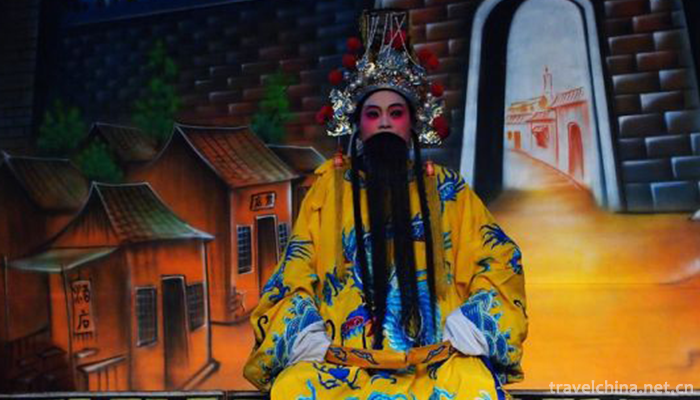
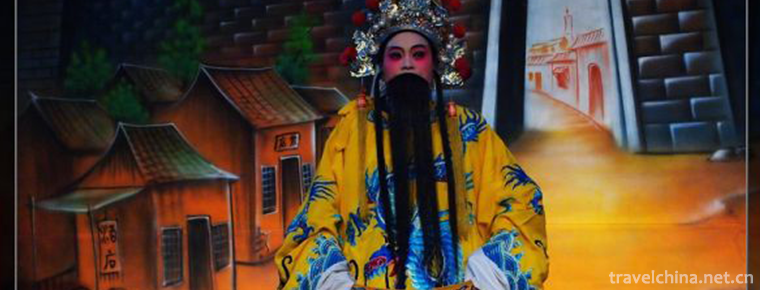
Wuju Opera
-
Grand Buddha at Ling Shan
Lingshan Grand Buddha is a world famous scenic spot, located between the mountains and rivers of Mashan National Scenic Spot in Wuxi City, Jiangsu Province.
Views: 314 Time 2018-12-06 -
Wuhan Donghu Scenic Area
Wuhan Donghu Eco-tourism Scenic Area, referred to as Donghu Scenic Area, is located in the central city of Wuhan, Hubei Province. It is a national 5A-level tourist attraction, a demonstration site of
Views: 229 Time 2018-12-12 -
Jiulong Mountain Rural Tourism Scenic Area
Mianzhu Jiulongshan Rural Tourism Scenic Area is located in the northwest of Mianzhu City, Sichuan Province. It is a characteristic rural tourism area
Views: 153 Time 2018-12-22 -
play and sing at the same time
To play and sing is to accompany with instruments and sing by oneself. Generally, guitar, piano and so on. In China, there are also folk instruments such as three strings and pipa.
Views: 228 Time 2019-04-25 -
Production Techniques of Dezhou Braised Chicken
Dezhou Grilled Chicken is a kind of poultry meat product cooked slowly in small fire. It is originally produced in Dezhou City, Shandong Province. It is also known as Dezhou Wuxiang Boneless Grilled C
Views: 299 Time 2019-04-26 -
Fuzhou bodiless lacquerware decoration skills
Fuzhou bodiless lacquerware decoration technology, Fuzhou, Fujian Province, local traditional handicraft, one of the national intangible cultural heritage.
Views: 187 Time 2019-04-30 -
Miao Silver Jewelry Forging Techniques
Miao silver jewelry forging technology takes silver as raw material. The pattern and structure of silver jewelry have been carefully designed by the craftsmen. There are 30 processes from drawing to c
Views: 201 Time 2019-06-05 -
Wudang Martial Arts
At the end of Yuan Dynasty and the beginning of Ming Dynasty, Zhang Sanfeng, a Taoist of Wudang School, established Wudang School and was respected as the founder of Wudang Wushu.
Views: 159 Time 2019-06-30 -
Xiabaoping Folk Stories
There are many original ecological works of Xiabaoping folk tales, which have distinct local characteristics and high cultural taste. It is the epitome of the traditional folk literature in the Three
Views: 360 Time 2019-07-01 -
Yongnian Western Dialect
Yongnian Western Dialogue is an independent drama formed after Shangdang Bangzi of Shanxi was introduced into Yongnian. During the period of Xianfeng in Qing Dynasty, Shangdang Bangzi was introduced i
Views: 187 Time 2019-07-14 -
Yongxin Drum
Yongxin Xiaogu is one of the traditional operas in Ji'an City, Jiangxi Province, which originated from Taoism. Legend has it that it was formed in Yongxin, Jiangxi Province during the reign of Qingdao
Views: 200 Time 2019-07-14 -
Sichuan University of Arts and Science
Sichuan Academy of Arts and Sciences, located in Dazhou City, Eastern Sichuan Province, has a history of running higher education which can be traced back to Longshan Academy in late Qing Dynasty, whi
Views: 164 Time 2019-08-31
